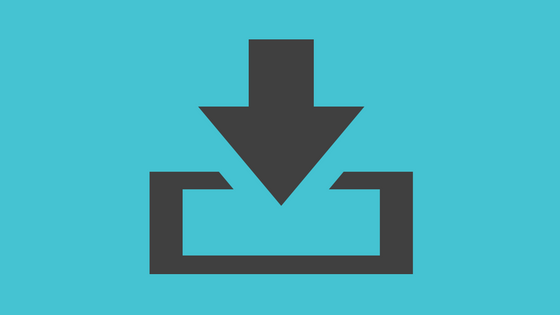The most common type of questions regarding torrents are; is it safe? Is it illegal? Will I be persecuted if I get caught? This article will put these questions to rest and solidify your understanding of torrenting and internet privacy.
Let’s start with the most obvious and important question; no torrenting isn’t illegal. The practice itself is perfectly legal, however, downloading copyright material is illegal. Sometimes you fall in the gray zone, meaning you subconsciously find yourself on the wrong side of the law. Your internet service providers and other authorities do keep a track of piracy their users commit and they can fine you for that and very rarely take legal action.
Sometimes you end up downloading content that you didn’t know was pirated. So that is not your fault. Another scenario that makes your security vulnerable is hacking via torrents. Many hackers use fake torrent files to trace your IP and private information. To avoid these actions, the solution is simple; use the best VPN for torrenting, P2P File-Sharing – VPNtrends.com we know and highly recommend.
Can You Get Caught?
Yes – of course you can get caught if you are downloading copyright protected stuff. But as I have explained above, you can also be a victim in some cases.
If you are caught downloading pirated stuff, the usual sanction you will get is small fines. It is very rare that you will face criminal prosecution. The likely way that can happen is if you sell not download copyright protected material.
If you don’t make illegal pirated DVDs, you are most likely OK.
However, with internet security protocols changing everyday who knows what future beholds. Perhaps downloading copyright protected stuff for personal use will one day be looked upon as a criminal offence.
In some countries, the more oppressive and authoritarian regime doesn’t allow people to criticize governments online. They regulate this through various cybercrime bills. If you are a resident of one of such countries you must use VPN software and make sure you don’t use original name and photo when you blast your government online.
How To Protect Yourself?
One way we have discussed so far is the VPN. But that is not the only way to ensure online privacy. There are other software like PeerBlock that encrypt all the traffic and updates your IP address with a mock one. Next, you can use TOR (The Onion Routing) browser that hides your identity and the incoming, outgoing content. Another easy solution is Usenet. Usenet is a service for $10-ish per month that allows you to download files via centralized servers.
Should You Use These Tools?
I don’t want to sound like an alarmist but your internet security is at risk. Not necessarily by the government but also by the internet trolls. I would advise you to take every precaution you can. Even if you are not sharing anything drastic or valuable, still your privacy is your right and it would seem that it is up to you to protect it.
About the author:
Nuur Hasan is a software developer and a political activist, he intends to dedicate his life to the becoming the voice of the voiceless.


